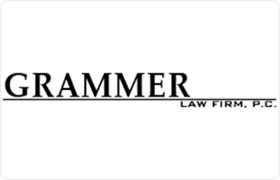 Florence County, SC Misdemeanor Lawyers
Florence County, SC Misdemeanor Lawyers
Sponsored Law Firm
-
 x
x

Click For More Info:
-
Grammer Law Firm, P.C.
1700 Oak St Conway, SC 29526» view mapCriminal Proudly Serving Horry County
You need an attorney with criminal defense knowledge who will vigorously protect your rights and interests.
800-957-8401
Not enough matches for Florence Misdemeanor lawyer.
Below are all Florence lawyers.
Lawyers
1-10 of 52 matches
Housing & Construction Defects, Insurance, Motor Vehicle, Premises Liability
Corporate, Criminal, Insurance, Litigation
Car Accident, Premises Liability, Slip & Fall Accident
Construction, Federal Trial Practice, Insurance, Corporate
Accident & Injury, Car Accident, Personal Injury, Workers' Compensation
Workers' Compensation, Personal Injury, Medical Malpractice, Car Accident, Accident & Injury
Corporate, Arbitration, Litigation, Insurance, Litigation
Personal Injury, Divorce & Family Law, Government, Mediation
Medical Malpractice, DUI-DWI, Child Custody, Landlord-Tenant, Income Tax



 William Grammer Myrtle Beach, SC
William Grammer Myrtle Beach, SC AboutGrammer Law Firm, P.C.
AboutGrammer Law Firm, P.C. Practice AreasExpertise
Practice AreasExpertise